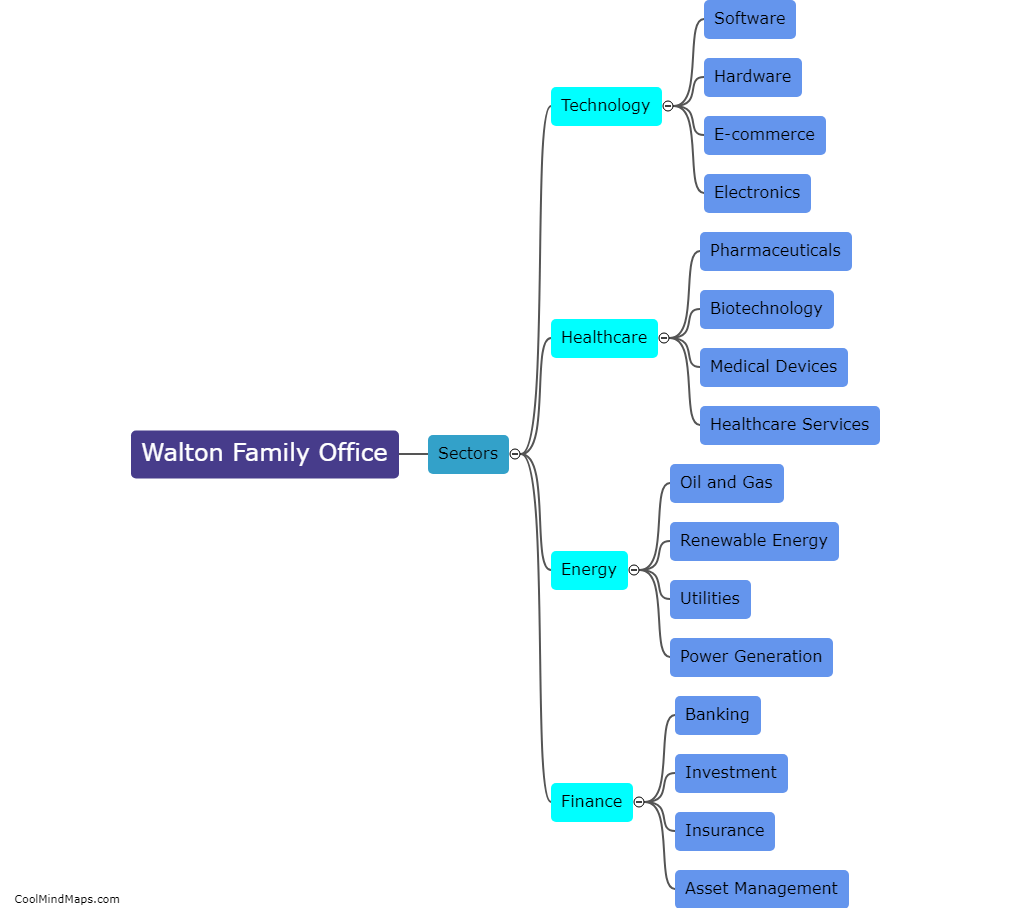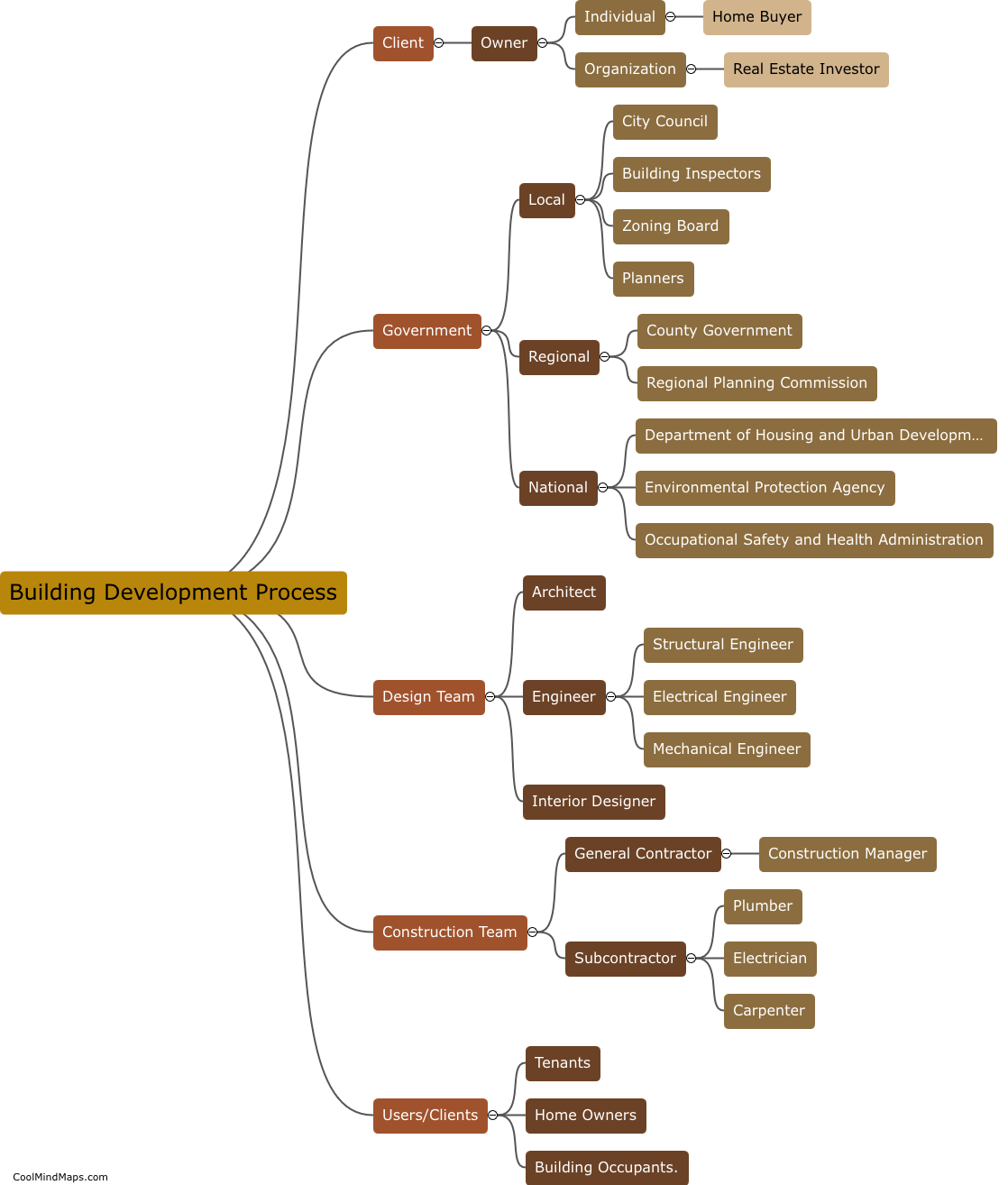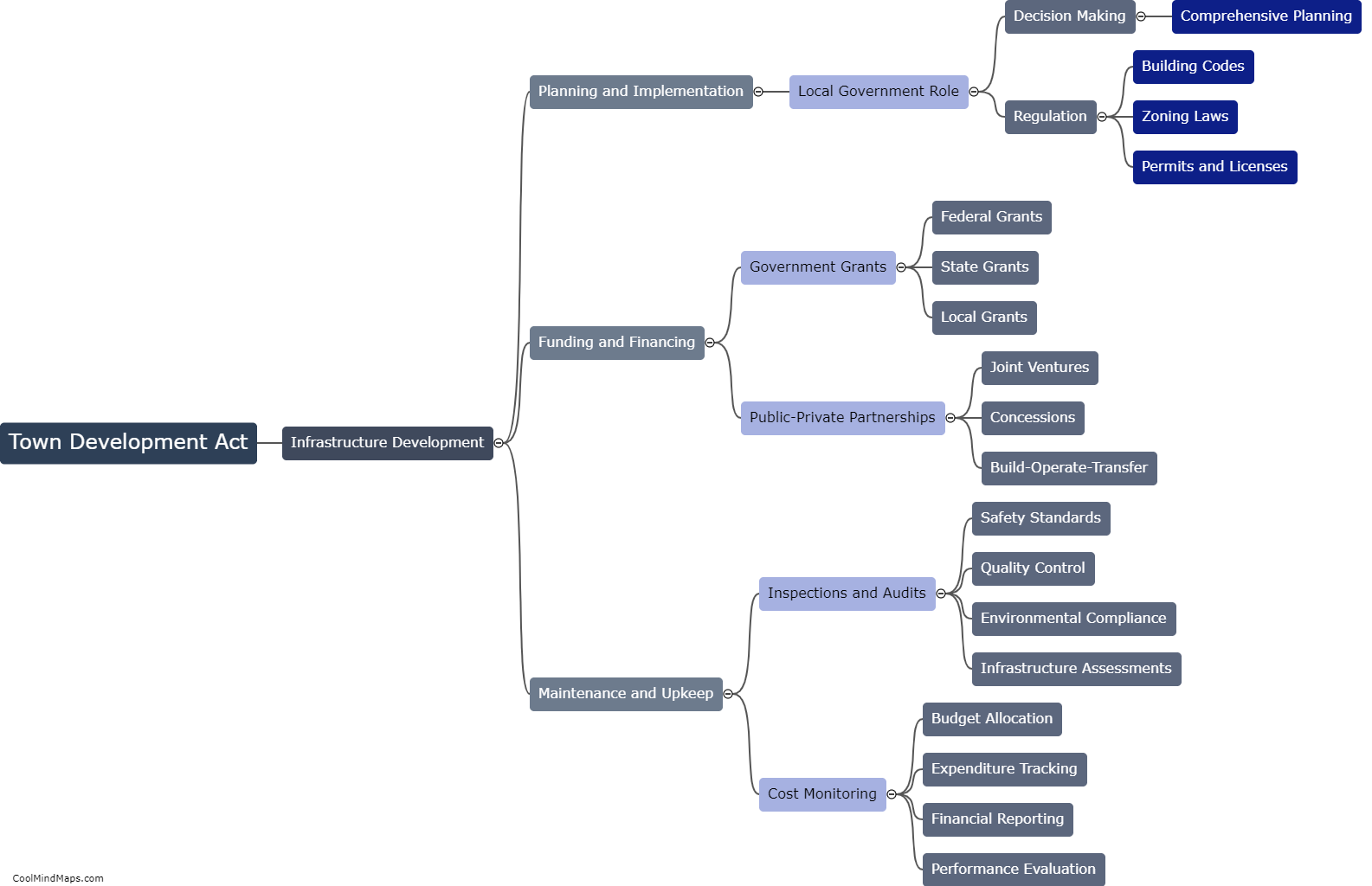What are the expected outcomes from the reform of the Development Board Act 2013?
The reform of the Development Board Act 2013 is expected to have several positive outcomes. Firstly, the reform aims to enhance the effectiveness and efficiency of development boards in their decision-making process and implementation of projects. This would lead to better planning and execution of development initiatives, ultimately resulting in improved socio-economic development in the concerned areas. Secondly, the reform seeks to establish more transparent and accountable governance practices within development boards, which would help to minimize corruption and promote good governance. Additionally, the reform intends to enhance stakeholder participation and consultation, fostering a sense of ownership and inclusivity among the communities affected by development projects. Overall, the expected outcomes of this reform are more streamlined development processes, heightened transparency, and increased community participation, contributing to sustainable and equitable development.

This mind map was published on 26 November 2023 and has been viewed 107 times.











